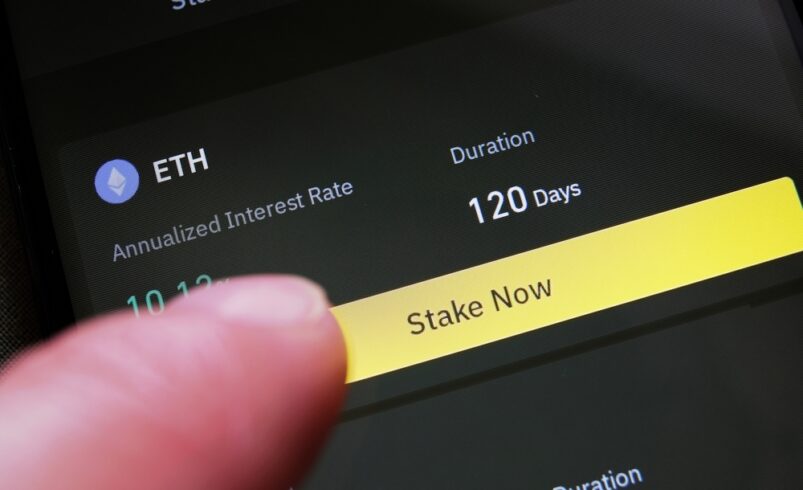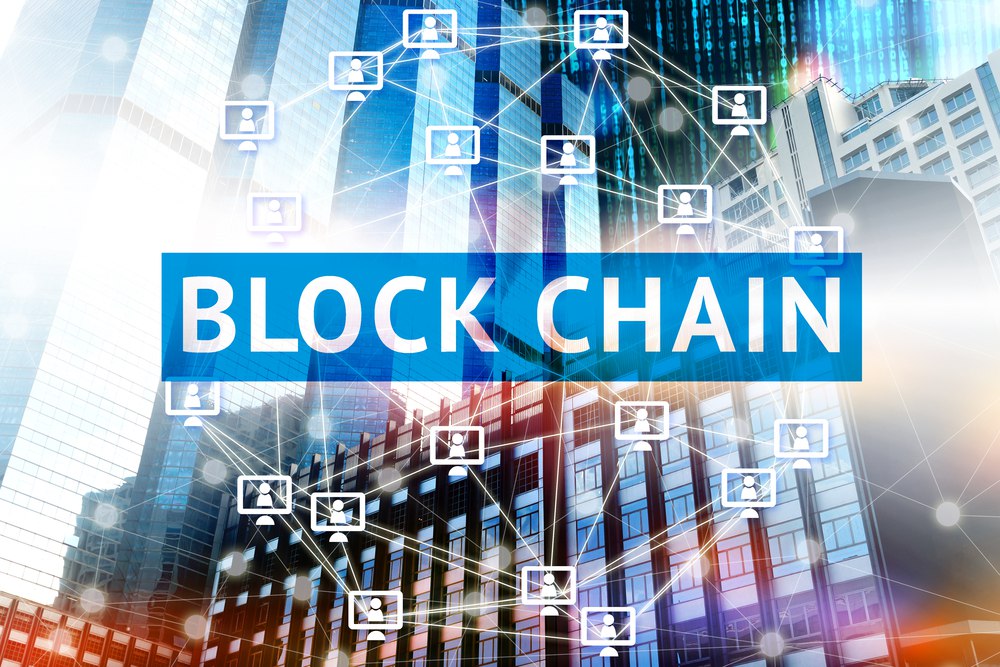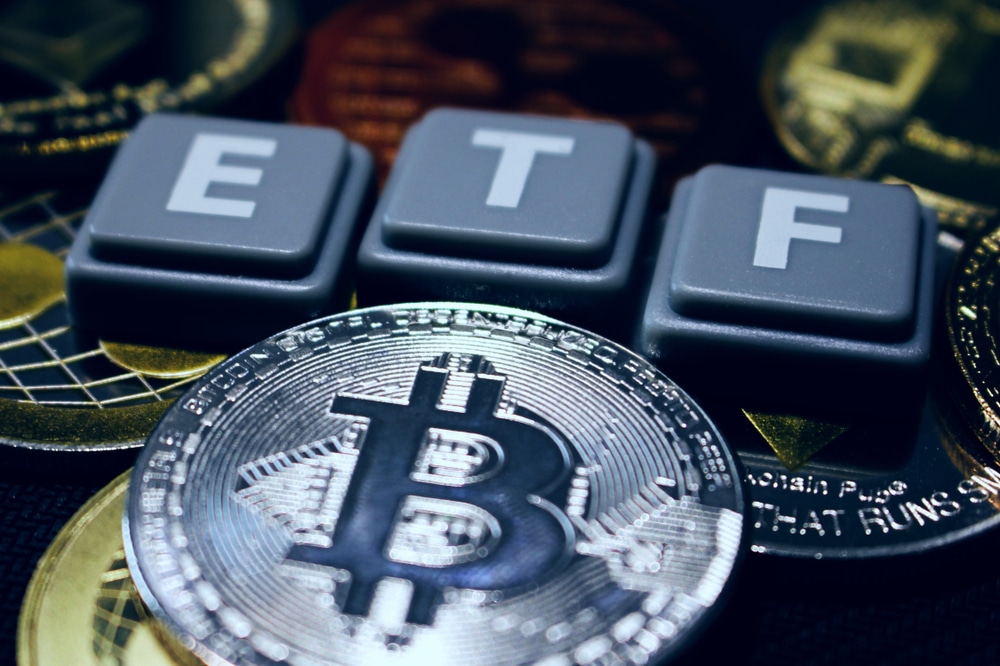What is a Metaverse? A Comprehensive Guide to Virtual Realms

The ‘metaverse‘ has become a buzzword, especially regarding blockchain and digital money. Interestingly, this term isn’t new. It was coined in Neal Stephenson’s 1992 book, Snow Crash, where he imagined a vast online space that could be transformed with the help of virtual and augmented reality.
Fundamentally, the metaverse represents a digital dimension beyond our tangible existence. Participants can engage with one another and their virtual surroundings in real-time within this space. This idea extends beyond our tangible reality, allowing individuals to navigate virtual landscapes, partake in events, and produce and exchange digital commodities.
Yet, the metaverse isn’t just a game or a virtual experience. It’s a consistent, active, and ever-evolving digital cosmos accessible to all concurrently. It supports a robust digital economy where individuals can produce, possess, exchange, and receive recognition for their contributions that enhance the metaverse. This encompasses everything from digital content generation to virtual property development. Moreover, the metaverse ensures remarkable compatibility, facilitating smooth transactions and engagements across diverse digital interfaces.
While the metaverse concept isn’t new, COVID-19 has reignited interest. With the rise in remote work and learning, there’s a growing appetite for deeper and more interactive online engagements. Organizations like Meta (previously Facebook), Microsoft, and Nvidia are at the forefront of metaverse development, striving to craft a more captivating and immersive digital space. However, the journey to fully realize the metaverse is ongoing, with several technological hurdles.
What is the Economic Structure of the Metaverse?
The economic framework of the metaverse is integral to its virtual ecosystem. A comprehensive financial system empowers individuals to produce, possess, market, and receive compensation for various valuable endeavors. This ranges from digital content creation to virtual property development and participation in interactive events.
Non-fungible tokens (NFTs) and digital commodities are pivotal in the metaverse. These digital items, encompassing virtual properties, digital content, and more, are foundational to the metaverse’s economic structure. Participants can produce, own, and exchange these commodities, earning recognition for their valuable contributions.
NFTs are distinct digital tokens symbolizing ownership or verification of these digital commodities. They offer a mechanism for participants to validate ownership of singular items or content within the metaverse, enhancing transactional security and trust.
The foundation of blockchain technology, which underpins digital currencies, is essential for NFTs and digital commodities within the metaverse. It offers a safe and transparent method to document and validate transactions, upholding the economic integrity of the metaverse. Additionally, digital currencies serve as a transactional medium within the metaverse, facilitating digital items’ purchase, sale, and exchange.
Potential Advantages of Embracing the Metaverse
The metaverse’s expansive possibilities can offer numerous advantages across various domains and sectors. In social engagement, the metaverse can offer a richer platform for individuals to interact and bond.
From attending virtual events to journeying through virtual landscapes, the metaverse breaks down geographical barriers, fostering collective experiences. Such a feature of the metaverse proves especially valuable in global scenarios like the COVID-19 pandemic, which limited physical interactions.
Moreover, the metaverse can potentially transform our work and educational methods. With the progression of VR and AR technologies, remote work and education can be more vibrant and interactive within the metaverse. For instance, virtual collaborative spaces promote teamwork in a more engaging setting, possibly enhancing efficiency and spurring innovation. Similarly, virtual educational environments can offer diverse learning experiences, accommodating different learning preferences and broadening educational accessibility.
Metaverse Platforms and projects
Though not new, the metaverse concept has seen significant advancements by introducing various distinguished platforms and initiatives. One of the most recognized in this domain is Meta. This company is ardently working towards realizing a metaverse, imagining a digital realm where avatars engage through virtual reality devices for diverse activities, from business to recreation. This dedication is evident in Meta’s rebranding, indicating a renewed emphasis on this digital domain.
Yet, Meta is just one of many in this endeavor. Tech powerhouses such as Microsoft and Apple are also deeply involved in the evolution of the metaverse. For instance, Microsoft’s Mesh platform aims to develop applications that merge the tangible world with augmented and virtual realities. Concurrently, Apple is developing an advanced device designed for virtual interactions in the forthcoming metaverse.
Beyond these tech behemoths, other entities are making noteworthy progress in the metaverse sphere. Epic Games, known for Fortnite, has secured significant resources to achieve its metaverse goals. Roblox, a gaming platform, perceives the metaverse as a venue where individuals can congregate in myriad 3D settings for education, work, entertainment, innovation, and camaraderie.
Final Thoughts
In conclusion, the journey towards a comprehensive metaverse is complex, but the dedication and ingenuity of these organizations are commendable. The metaverse represents a collective of interlinked platforms and tools, all playing a part in shaping this collective digital universe. The metaverse is poised to transform into a deeply engaging, interactive, and economically thriving digital space with continued endeavors.
DISCLAIMER: It's essential to understand that the articles on this site are not meant to serve as, nor should it be construed as, advice in legal, tax, investment, financial, or any other professional context. You should only invest an amount that you are prepared to lose, and it's advisable to consult with an independent financial expert if you're uncertain. To obtain more information, kindly examine the terms of service and the assistance and support resources made available by the issuing or advertising entity. Our website is committed to delivering accurate and unbiased news, yet it's important to note that market conditions may change rapidly. Also, be aware that some (but not all) articles on our site are compensated or sponsored.








